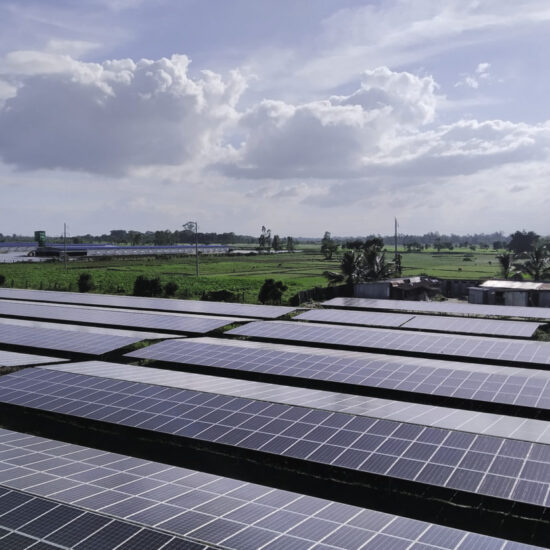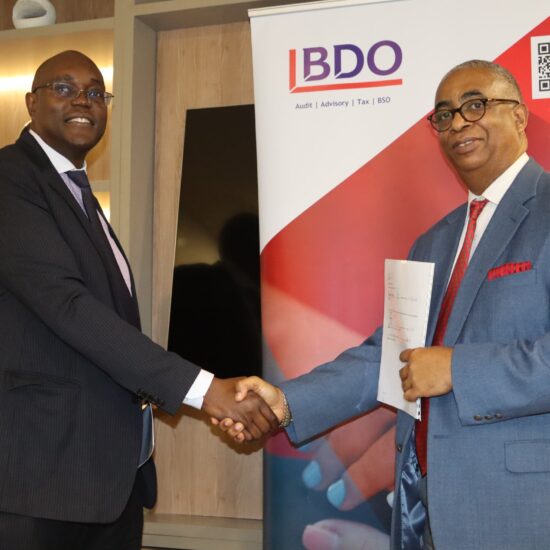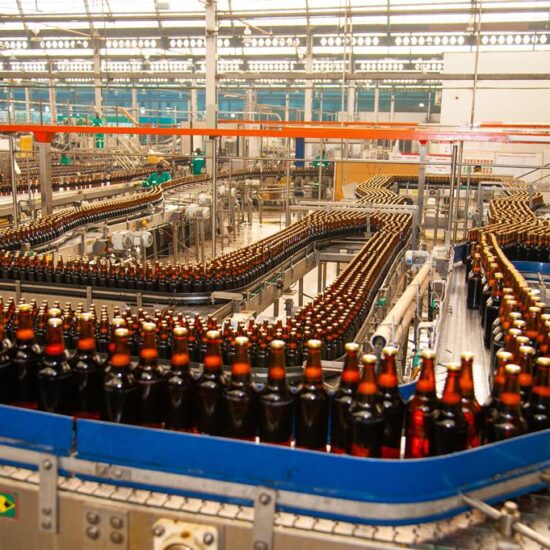
Community Markets for Conservation (COMACO) a social enterprise that operates in Zambia to address the dual challenges of poverty and environmental degradation has continued helping food vulnerable and low income farmers to learn new farming and other livelihoods skills that do not rely on destructive practices such as poaching or deforestation.
29 ex-notorious poachers around Kafue National Park have recently undergone intensive training by COMACO in partnership with the Department of National Parks and Wildlife (DNPW) to offer alternative livelihoods such as beekeeping, gardening, livestock rearing, and conservation farming.
To help drive the adoption of these skills, COMACO has reiterated its commitment to manufacture and sell a range of food products to offer market incentives to farmers who commit to these skills by offering a higher market price for their crop surplus.
Through the tireless efforts of COMACO, a total number of 2, 212 ex-notorious poachers have so far surrendered their guns, snares, and spears in exchange for tools of hope, sustainability, and a better future.
Speaking during the transformed poachers graduation ceremony held in Mumbwa and attended by the Zambian Business Times – ZBT, COMACO Chief of Operations of Agriculture, Richard Mumba explained that COMACO began this journey in 2003, when poaching was rampant, and for many, it was the only way to provide for their families.
He remarked that in those days, the Luangwa Valley was a battleground, not just between people and wildlife, but between survival and sustainability.
“It was during those challenging times that we sat down with some of the most notorious poachers—men much who told us the truth: ‘they poached because it was the only thing they knew how to do and they lived a life of fear from being arrested, wounded, or even killed from wildlife.
From those conversations, the COMACO model was born—a model that brings market opportunities to communities in exchange for conservation efforts.”He stated that what started with 23 brave men choosing a different path has grown into a movement adding that the recent graduation of the 29 only adds to 2,183 former poachers across Zambia who have embraced a life of conservation. “And as a result, we have seen wildlife return to areas once depleted—proof that this transformation benefits us all.”
” I want to recognize that none of this would be possible without the unwavering support of the Department of National Parks and Wildlife. Their commitment to this partnership, their acceptance of surrendered weapons without repercussion, and their belief in the transformative power of education have been critical to our success. Together, we have shown that it costs less to transform a poacher than it does to arrest one, and the benefits to wildlife, to communities, and to Zambia as a whole are immeasurable.”
Mumba also commended the graduates for their courage, dedication, and commitment to a different way of life further urging them to take the lessons learned and become leaders in communities.
“Educate others about the importance of protecting our wildlife, and help those who still live in the shadows of poaching to see the light of a new future.”
Meanwhile, Director of DNPW Dominic Chiinda who graced the occasion, commended COMACO for unwavering dedication towards helping transforming different lives and families.Chiinda noted that in the past, poachers were arrested, punished, and their stories often ended in despair.
“However, through the tireless efforts of COMACO, we have chosen a path that benefits both people and wildlife—a path that offers second chances and promises a brighter future.”
“Since COMACO began its work in 2003, we have seen wildlife returning to areas where it had once vanished. And that is not just because we are protecting animals, but because we are investing in people. We are proving that when people are given the opportunity to provide for their families in sustainable ways, they will choose conservation over destruction.” Remarked Director Chiinda.
Speaking at the same event, Namukulo Hayumbu DC Mumbwa, said this is a celebration of change, hope, and the birth of a new beginning for these men, their families, and the community.She said through the partnership, “we have seen poachers—once seen as adversaries of conservation—become its greatest allies. This is proof that when people are given the tools, knowledge, and opportunities to change, they can contribute to the protection of our environment and wildlife in ways we never thought possible.”
Meanwhile, Transformed poachers’ representative, Joseph Sakuha thanked COMACO for the training giving them alternative and sustainable way of living.







